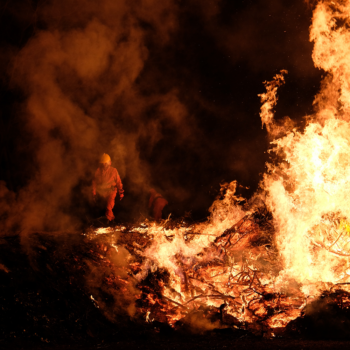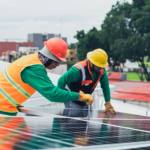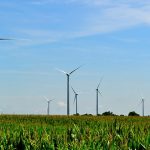Our window to avert the most devastating consequences of climate change is rapidly closing, according to a report released earlier this year by the U.N.’s Intergovernmental Panel on Climate Change. The dangerous heatwaves currently pummeling the U.S. and Europe are a glimpse into what our future holds if we do not act now.
Data science is emerging as a powerful weapon in the fight against climate change. For example, an international team of researchers recently identified the top sites in the world releasing methane. They used machine learning algorithms to analyze thousands of satellite images and pinpoint “ultra-emitter” sites responsible for about 10% of the oil and gas industry’s global methane emissions. Many are pipeline leaks that are impossible to detect from the ground, but relatively simple and cost-effective to fix once they have been found.
This new research on methane emissions is just the beginning. Using data science to get a global picture of pollution and identify easy targets for reducing it represents a leap forward in our efforts to address climate change.
Read the full article at Fortune.
This article was produced by Footnote in partnership with Harvard University.





